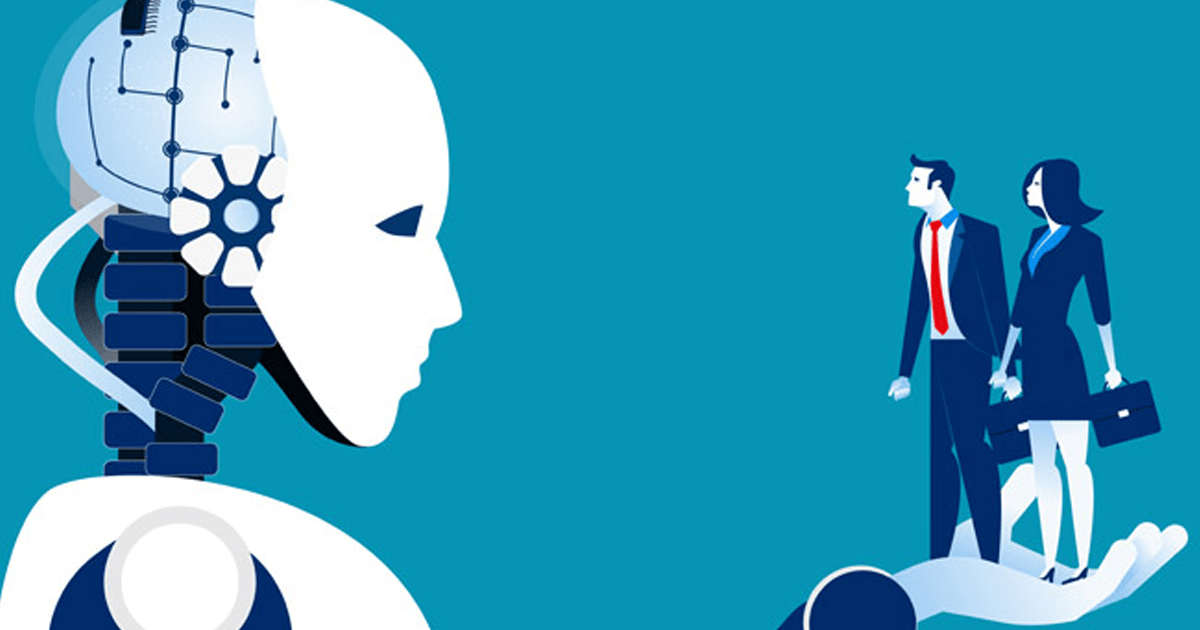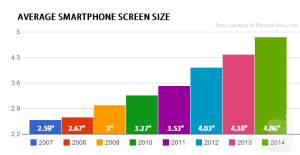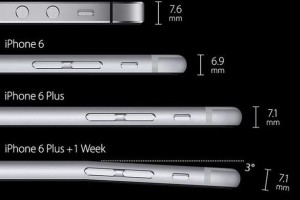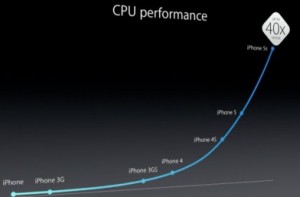Over the past few years, artificial intelligence has evolved so rapidly that now almost every month a new, even greater breakthrough in this area is emerging. In various areas, such as speech translation, medical diagnostics and games, computers are increasingly beginning to outperform people. And in the same way, they increasingly talk about how AI will affect people’s employment. Some fear that as artificial intelligence develops, people will have less and less work, which means that the number of unemployed people who are economically unable to compete with machines will grow.
This concern, albeit understandable, is unfounded. Moreover, artificial intelligence will be the greatest engine of work that the world has ever seen.
Artificial Intelligence: to strike or not?
On the one hand, it is possible to justify those who predict a massive loss of jobs from artificial intelligence. It is very easy to imagine that existing jobs will change under the pressure of a new technology, and it is very difficult to imagine what new jobs this new technology will provide us.
But if you think about it, radical technological advances are not at all a new phenomenon. Technology has been developing non-stop for 250 years, and in the US the unemployment rate remained at 5 to 10% almost all the time, even when radical new technologies appeared, such as steam energy and electricity.
But why look at steam energy or electricity. Just look at the internet. Let’s go back 25 years ago, in 1993. The Mosaic web browser just came out, and the phrase “surfing the Internet” was only a couple of months.
If someone asked you what the result of connecting several billion computers to a giant network with common protocols would be, you could imagine that you would have to send fewer emails, and the network would force you to read fewer newspapers. It may be possible to shop online. If you were especially far-sighted, you could even suggest that this technology will negatively affect the work of travel agents and stockbrokers. All people think that internet can destroy workplaces
But today we know what really happened. Of course, everything has changed. But the changes were unexpected. There are thousands of new companies worth trillions of dollars. We have improved almost everything on the planet that this technology has touched. Dozens of new careers have appeared, from web designers to data experts and online marketers. The cost of starting a business with global reach has plummeted, and the cost of communicating with customers and potential customers has dropped to almost zero. Huge repositories of information have become widely available and used by entrepreneurs around the world.
However, yes, we write fewer letters and buy fewer newspapers.
The development of artificial intelligence
And now a new, even more destructive in every sense of technology appears: artificial intelligence. And again people think that it will take jobs away.
Let’s look at a regular ATM. If you had to choose a technology that looked like it was going to replace all people, the ATM would be fine. But nevertheless, bank employees today are much more than ATMs. How so? Yes, everything is simple: ATMs have reduced the cost of opening bank branches, banks have opened more branches, inviting more people.
Sources:









